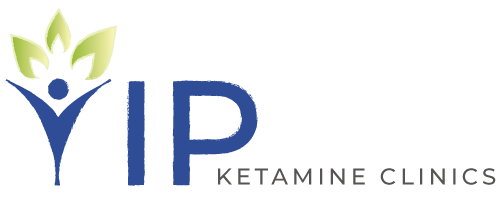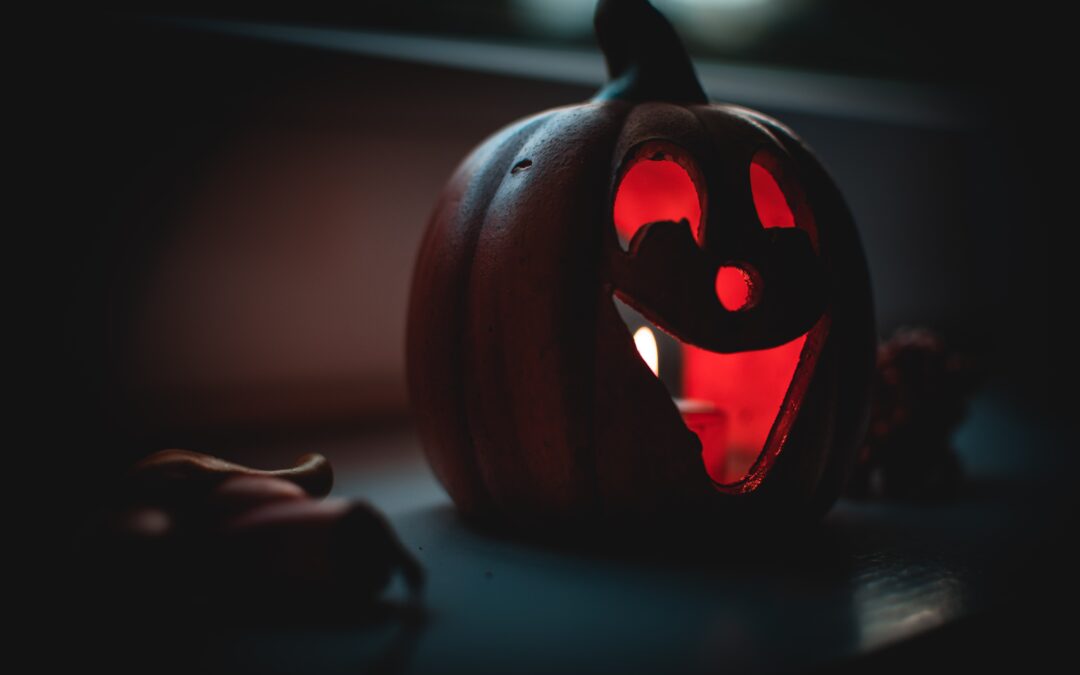To most, Halloween is a lighthearted holiday with a bit of slightly-frightening flair. For those struggling with post-traumatic stress disorder (PTSD), however, Halloween can be a very triggering event. Spooky surprises, sound effects, and haunting visuals can be major PTSD triggers.
Knowing what triggers panic attacks at Halloween—or what could trigger a panic attack—is the first step in keeping your PTSD symptoms in submission during this trick-or-treat season.
Here are some of the top trauma triggers that may be more of a “trick” than a “treat” for someone with PTSD:
1. Halloween costumes. Even a seemingly innocent costume can trigger memories of a horrific accident, crime scene, or other trauma. It goes without saying that especially gory costumes—or those with realistic-looking scars, wounds, or weapons—could also be PTSD triggers.
2. Haunted houses. This Halloween tradition is filled with trauma triggers. Loud noises, special effects, and costumed creatures jumping out unexpectedly can be reminiscent of common traumas.
3. Scary movies. Binging on horror movies is a Halloween tradition for many, but so many scary storylines include PTSD triggers. Avoiding these trauma triggers may be especially difficult, considering that previews and commercials for these movies air aggressively, even while watching “normal” TV during the month of October.
4. Special effects and graphic decorations. It’s not uncommon for people to “go big” with their frightening front yard decorations, but effects like fog machines and strobe lights—or decorations that look like body parts—can trigger stark memories from traumatic pasts.
If you struggle with PTSD and are concerned about your mental and emotional well-being heading into Halloween, please reach out to your support network. Let your friends and family members know what your worries are, and what triggers panic attacks for you, so you can all work together to avoid them.
We also recommend avoiding drugs or alcohol on Halloween, or on days when you may be exposed to triggering imagery. Drugs and alcohol can prevent your brain from delineating between what is real and what is perceived, so it’s best to stay sober on these occasions.
Contact VIP Ketamine
If your PTSD symptoms are severe and you are having trouble getting by on a day-to-day basis, please contact us to learn about ketamine infusions. Ketamine is a highly effective treatment for PTSD that can reduce symptoms for months at a time. Ketamine therapy is safe and non-addictive, and available readily at our Modesto, CA ketamine clinic.

